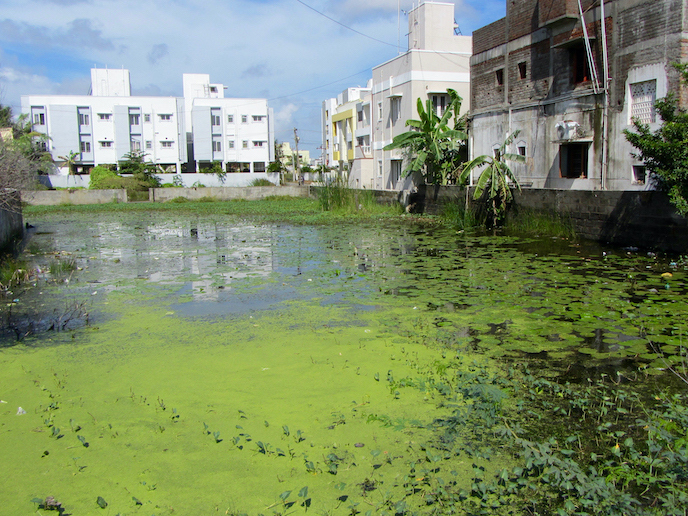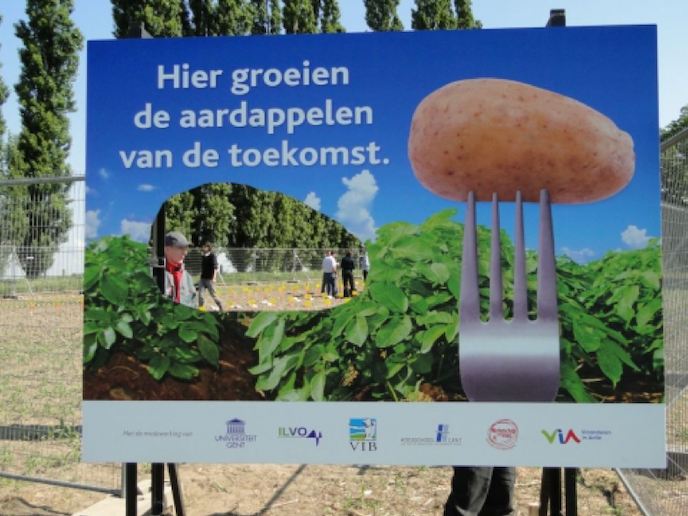Security and justice with a new approach
Discourses of (in)security often attribute inevitable social conflicts to intercultural societies. When these conflicts arise, the same discourses produce exclusionary and shielding mechanisms for social groups, often leading to the jeopardising of both justice and active citizenship. Such discourses, imbued with moral credibility and political authority, have been built on the concept that cultural difference leads to inevitable social breakdown. Researchers on the ALTERNATIVE(opens in new window) (Developing alternative understandings of security and justice through restorative justice approaches in intercultural settings within democratic societies) project developed a deeper understanding of security and justice through restorative justice approaches. A rapidly growing area of research and practice, restorative justice has been defined as an alternative way to pursue justice in democratic societies, by promoting a lifeworld-based and participatory approach to conflicts. As such, it holds promise as an emerging social movement both for criminal justice and other social reforms. The overall objective was to set up alternative security solutions for citizens and communities. To this end, the project gathered knowledge about the framing of social conflicts of organisations and resources mobilised for the handling of such conflicts. The special focus was on restorative justice interactions. This was done mainly through the action research taking place in rural and urban sites in Austria, Hungary, Northern Ireland and Serbia. The action research in each of these sites helped lead to the development and evaluation of models of alternative conflict resolution. Reports were produced for all the work packages. Public reports are accessible through the project website. A better understanding of the various social, political and human factors – at an intercultural level – that influence European security solutions was also made possible. Opposed groups and individuals were brought together, to avoid the 'other' becoming a category, an ideology or a part of fantasy. Successful outcomes can shift perceptions of (in)security and empower citizens to acquire a sense of complexity. This aids in working together, creating bonds and easing fears as they approach their conflicts in a democratic way.







